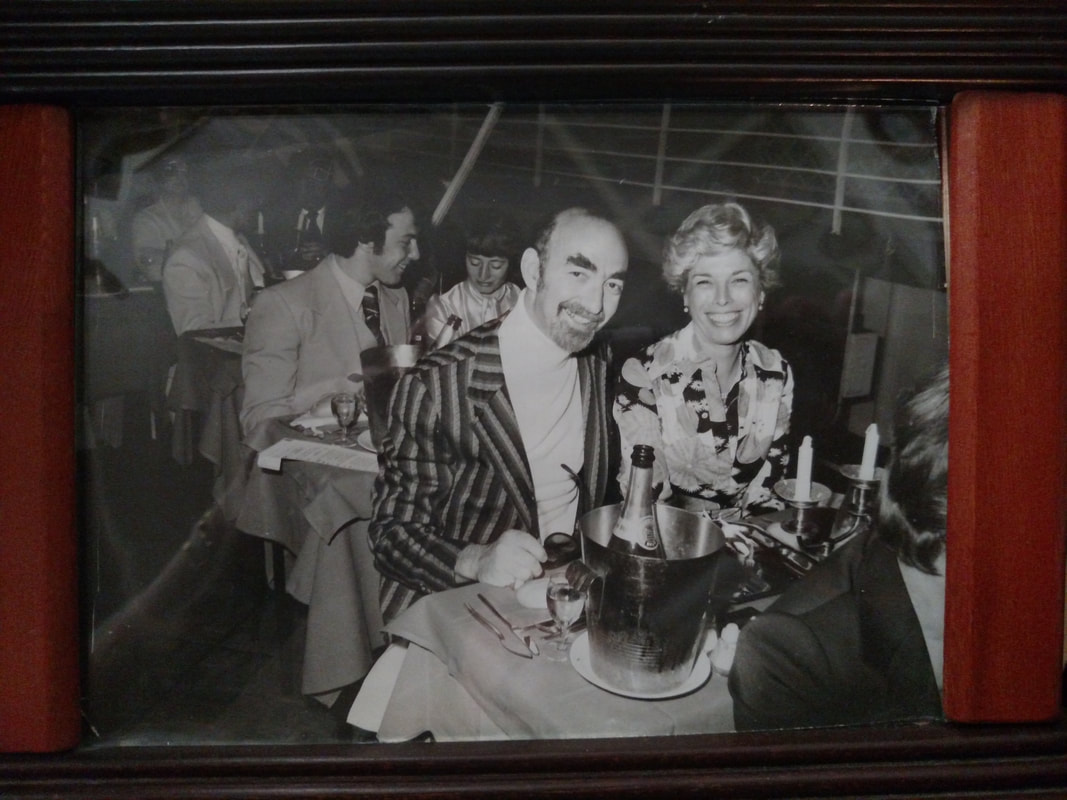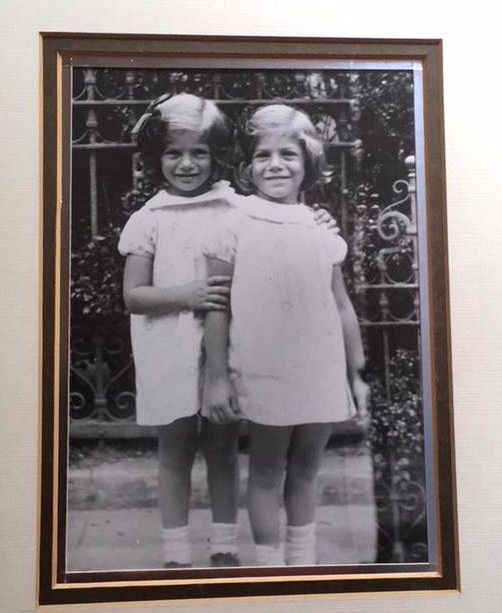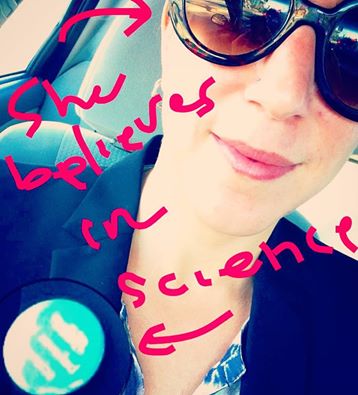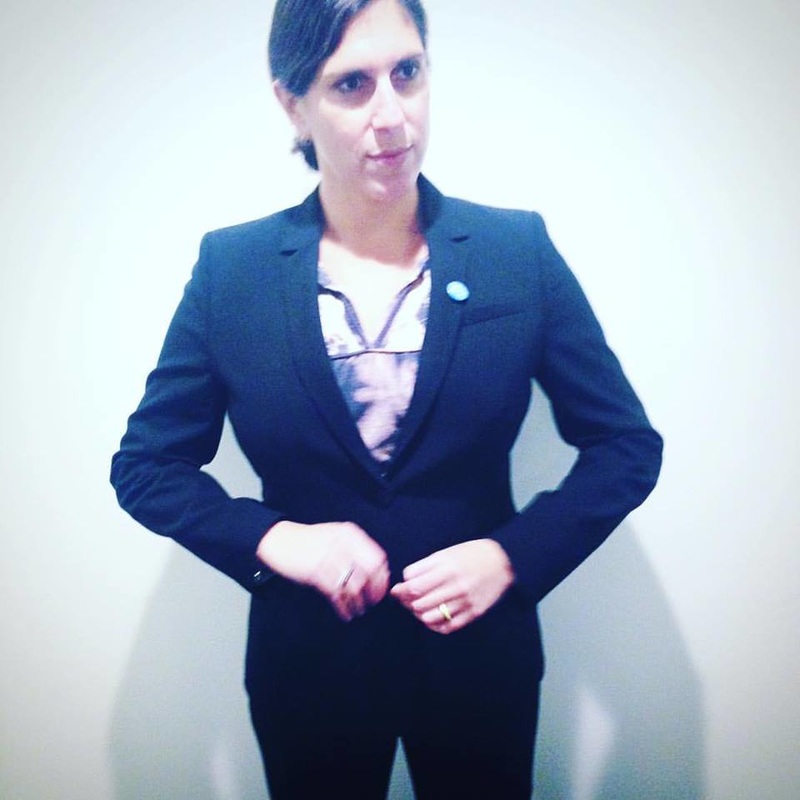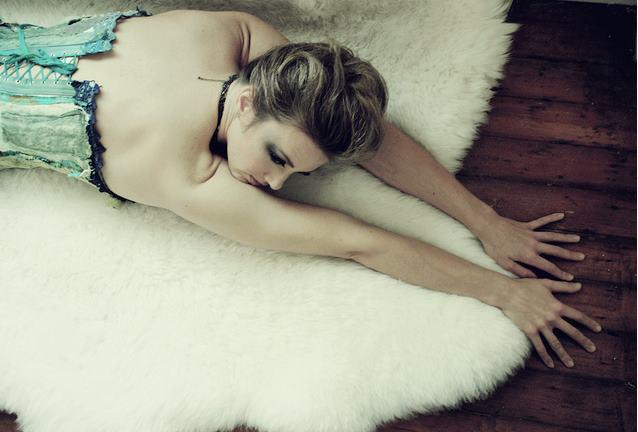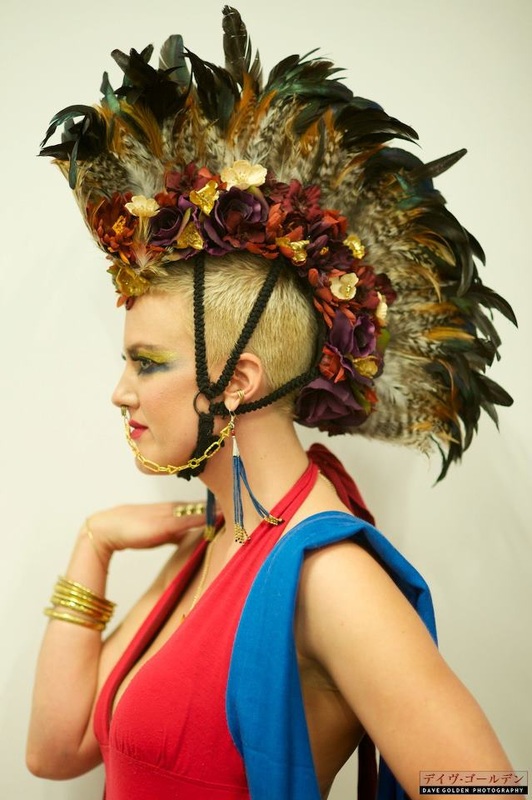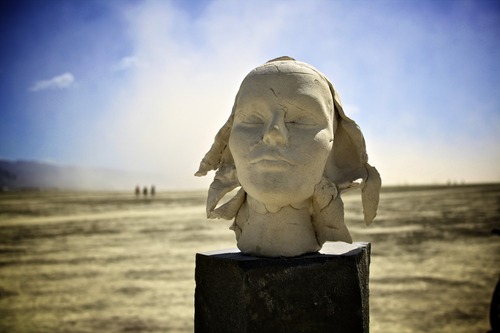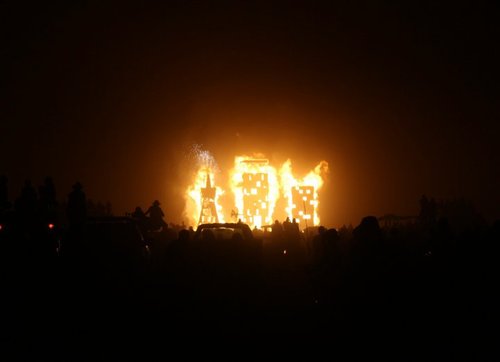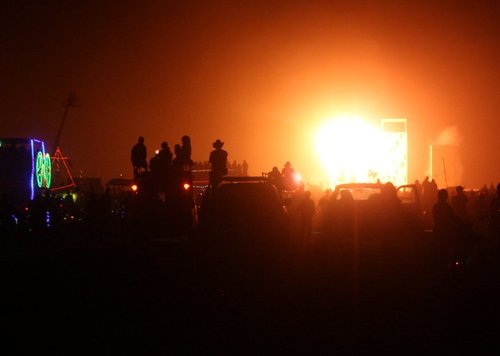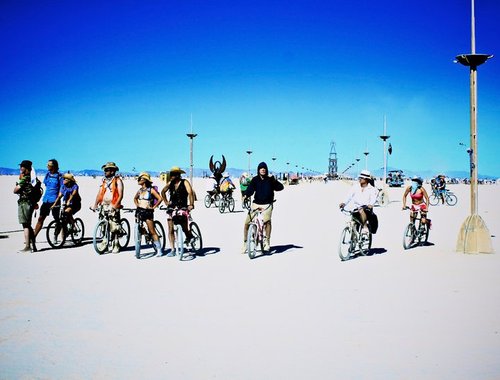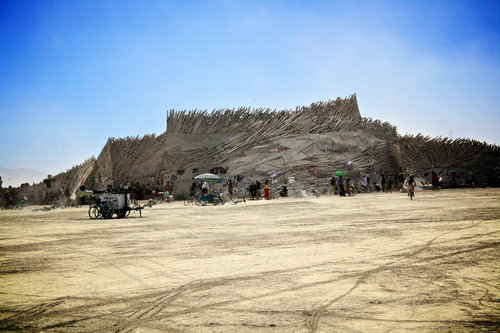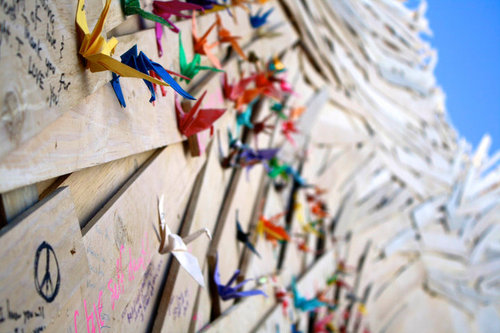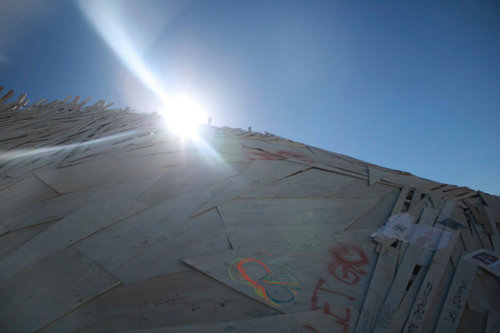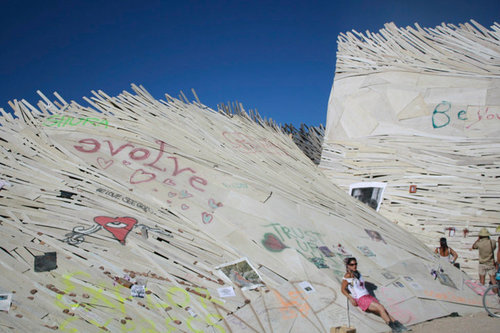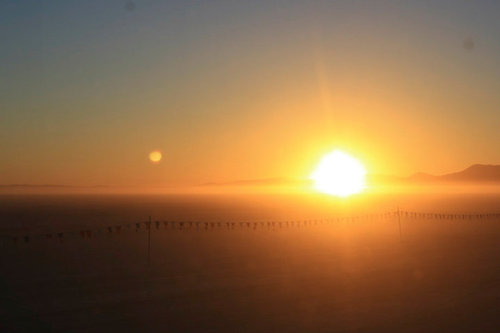|
"I have only to break into the tightness of a strawberry, and I see summer – its dust and lowering skies." - Toni Morrison, The Bluest Eye
July has gone too fast, but isn't it human to eke out just a little more before the last grains of sand fall? A third of July I spent in the northeast, teaching a week of songwriting in Allentown, PA for the International Women's Writing Guild's annual conference at Muhlenberg College, and then visiting friends in White Meadow Lake, NJ, a place where as a child I once lived. When I think now about the conference and weekend after with old friends, I remember stories and clouds. There was a slice, though, of three hours, west of both Allentown and White Meadow Lake, that comes to me mostly as water. It was raining, harder than a drizzle, lighter than a storm, when I parked on the soft shoulder in front of my aunt's house, not far off Route 80. Having packed in ever-sunny Los Angeles a week earlier, I didn't think to bring a rain jacket or hat. My uncle, who sat beyond the porch overhang, who's lived all his life (as far as I know) in the PA clime, didn't have one either. I don't remember us saying much, and we didn't mention the weather. The other water: My uncle made some coffee, I stirred in sugar; I dabbed at my eyes with a tissue from the coffee table at the foot of the yellow couch where I sat with my Auntie Dish, in an art-filled room I vaguely recalled from my childhood; my aunt dabbed at her nose, where the tube of moist oxygen made it feel, she told me, like her nose is always running. It's lung, she said, because I thought it was stomach, which she did have once, along with breast, thyroid, and colon. "The only kind nonsmokers get," she said, without bitterness. I asked her how she felt, thinking both of her, on the edge of something I'm trying to understand, and of my grandmother, who is my aunt's twin, who will be left behind. If learning is a thing we do in school, I never learned to read. I emerged from the womb with a book in hand, like it was a road map to figuring out this life. In the back seat of the Volvo, my head bent to cloth-covered Bedknobs and Broomsticks and A Wrinkle in Time, left over from my mother's childhood, and cornflower blue hardbacks of The Bobbsey Twins. When I was six, we moved in with my Grandma Roro and grandpa in the duplex where my mother had been raised with her two sisters and, on the upstairs side, her three cousins, children of Dish and my rain-immune uncle. The two families propped open the door between homes so the six kids had free reign, like the Bobbsey Twins on steroids. The next year we moved to White Meadow Lake, into what I have recently learned Californians like to call a "cabin." (As far as I can tell, a "cabin," by Los Angeles terms, is a regular house with amenities like a garage door and an attic, but situated on a mountain. Since White Meadow Lake is located in New Jersey, we called it a "house.") I would fall asleep in my upstairs corner bedroom, pretending that I was a twin and my other slept a mattress away. Though I didn't have my own real twin, I took some solace in the rumor that non-identical twins run in families. None of my friends could tell them apart, but everyone in the family knew that Roro and Dish were sororal twins, with nearly identical strawberry blonde hairdos. Maybe what I didn't have, my future children would. Meanwhile, I would play both parts: I would be beautiful like Roro (I was loyal to grandma) and smart like Dish (I'd heard Dish sat for my grandma's math exams in school). Grandma Roro and Auntie Dish were tall, with narrow waists and pleated pants. Each raised three children, though Dish had a boy. My mother was the first of that new generation, and when I came along, Roro and Dish were still young at forty-four, nearly the age I am now. They would sun themselves in the summertime wearing glamorous bathing suits, and I danced around swinging their vintage umbrellas, singing Singin' in the Rain. As I sat on the couch with my aunt, I asked her about a framed photo on the coffee table from around that time, a black and white of her and my uncle side by side, a bottle of champagne chilling in a bucket on the table. The oxygen tank hushed softly in the background, the rain fell forgotten outside. She told me they were on a Paris dinner cruise along the Seine, celebrating their twenty-fifth anniversary, and pointed to a painting on the wall behind the couch that they bought right from the painter on that same trip. "The paint wasn't even dry," my uncle said from his corner of the room. In case you've got a picture in your mind of Dish as an old lady half-unhinged and dying, I can do better. Dish is a great-grandma now. I started calling her earlier this spring, because I'd heard she didn't have much time left, and I'd realized how much had gone by. I didn't know her as an adult, only as I had known her when I was a child, and I wanted to. So I called, and we talked about the other generations, my cousins and their children. Dish made no distinction between her step- and biological great grandchildren, which warmed my heart. It's not that she didn't know the difference, but that she didn't care. Like how I feel about my kids, my step-daughters, they were hers either way. On one wall, I saw a photo of her and Roro when they were near five, which made me think of her mother, my great-grandmother, whom I loved, and who died when I was in twelfth grade. Were they close, I asked. Yes, she said, but paused. "You know what I wish," she said. "I didn't like that she was a racist. It made us all uncomfortable. She'd say shvartze, and not in a good way." We stayed for three hours on the couch, me asking questions as best I could, her answering as best she could. I wondered if there is any way for me, in this vibrant moment of my life, to fathom the way time crawls at the end. I thought of mothers-to-be, in the last weeks of their pregnancy, wishing the baby would just come already. Is it that way at the end, too? The bookends of life, slow, between which we love and fight and worry about bank accounts and career choices, and try to make some meaning out of the arbitrary event of our being? When we are born, we survive from mother's milk, and spend the rest of our living days eating from Mother Earth. Maybe at the end it's just waiting, waiting, waiting to go back home. Before I left, I asked how she felt. I meant body, but also heart and mind. She told me she's ready to go, not in pain at all, but ready. However, she's concerned that Roro hasn't yet accepted that her lifelong companion will be leaving first. In my twin fantasies, it had never occurred to me that, as at birth, one always passes through the barrier first. A few days after I saw Dish, I heard that she'd stopped eating. That was two weeks ago. Her body no longer needs to sustain. Soon, Mother Earth will feed off her. I hear the hospice nurse rearranged the living room, and Dish has a bed there now, and a rotating watch, made of her daughters, Roro and my grandpa, my mother's sister, and my rain-immune uncle. They recently did a genes test and found that all these 87 years everyone was wrong: Roro and Dish, it turns out, are identical. Makes sense, since identicals don't run in families, and they're the only twins on that tree branch so far. I've been trying to figure out if I should go back for the funeral, whenever it happens. I think of Roro, and want to comfort her. But I think, too, of my daily plans here. Of the syllabus I need to write; of the long and expensive airline flight back east; of my meager days off from work, already in the red, and of the David Wilcox songwriting retreat a few weekends from now; of the work I like to do and want to do, because it gives my life meaning between, as Joni Mitchell says, the forceps and the stone. By the time we hugged good-bye, because Dish and my uncle had a doctor's appointment and I was heading to White Meadow Lake to reconnect with old friends, tears had choked my throat too tight for me to say anything. If I could have, I would have said Thank you and I love you. I think she knows that. Of course it was pouring, too, because that's the way the east coast does weather: When you are saying good-bye to your great aunt for the last time, the clouds don't hold back. I closed myself in the rental car and let myself sob, and when I could see through my tears, I turned on my wipers and pulled onto Route 80 heading east.
1 Comment
Yet another ad for another t-shirt with another feminist or empowerment statement has popped up in my newsfeed, and again I find myself considering buying it. I haven't plunked down any money, because I'm not generally one for t-shirts or, for that matter, clothes shopping, but this has become an almost daily consideration. Today I wondered how my personal style would change if I actually got all those shirts and wore a different one each day. I don't know if my office would allow it, but maybe. It seems that there are enough ads to keep me in new shirts for at least half a month, and I like to think the profits support the cause. I could always throw a sweater on for work.
Today this t-shirt consideration led me to a realization that the grief many of us felt on November 9th, and have continued to feel beyond, was not only grief over the loss of our preferred candidate, our outgoing administration, our country as we saw it, or democratic values as a whole. Those are all huge. The political is very personal. Maybe moreso for some than others, depending on where we each fall on the nonlinear privilege spectrum. But everyone breathes. Everyone needs clean water. Today, as I looked at another Superwoman graphic hashtagged with RESIST, I realized that there was another grief we have individually and collectively been feeling: the grief over the loss of who we were before. When we woke on November 9th, subconsciously but without a doubt, we must have known we would be fundamentally changed because of the election outcome. Change, the philosophers, yogis, and psychologists tell us, is the death of something. Even in the best of changing circumstances, we feel a certain amount of fear, sadness, anxiety. But this is not the best of circumstances, and the election outcome has long term implications. The country has changed, and, passive or active, we have changed with it. Looking back on the last few months, I now see the death of us as we were. Conversations are different. Not once since the election have I sat with a friend and not talked politics. Not once has Darby and I skipped a recap of the news at the end of the day or first thing in the morning. We've all witnessed and/or experienced wonderful things in the past few months - babies, marriages, publications, travel, beauty somewhere somehow. Yet, the beauty almost seems like it's "despite." It's apparent in the things we post, buy, talk about, dream about, the way we answer the question "How are you?". Something fundamental died; something fundamental has grown in its place. Maybe we're all still adjusting to it, and reluctantly at that, just as we would with the death of anything we are not ready to let go. Who are those people who post so many negative news stories? Who are those people who wear t-shirts? Oh, me. You. We've changed. On a day when I can barely construct a sentence much less think about writing a whole book, my mentor calls me and reminds me that I have already written a book, that I need to get it published, and that I need to get started on the second one because I am a good writer and a good teacher and I need a book on my CV for when I'm ready to start my university faculty job search.
It took me a moment to understand what he was saying. Then I remembered -- I am writer, and I have already started on the second book, and if my anger over this election (that is triggering a lifetime of angers about cultural injustices) stops me from doing this work and achieving my dreams, I am playing right into the hands that hold the glass ceiling over us, the hands of the ones who whistle when we walk by, say we're too emotional to get anything done, say we have nothing worthwhile to say anyway. The ones who cheer us on when we're "attractive" and talk over us when we're "confrontational," "shrill," or "nagging." The ones who say "women's lit" is different from "literature," "women issue memoirs" don't sell, who publish bylines by men far outside the gender ratio. The ones who tell us we can't be astronauts or president or musicians. The ones who burn us at the stake or drown us or just suffocate us with a patriarchal pack of lies that, at this point, is about as thinly veiled as the emperor's clothes. I won't get any writing done today. I'm far too agitated. But tomorrow or Friday or next week or in December, I am going to strap on my jet pack and use this fire to blast me through that oppressive roof to that star I keep wishing on. I recently gathered with a small group of friends to watch a documentary that was made two years ago about our friend Renee in her final months of life. Nine chairs were arranged in a half-circle to transform the Santa Monica office lobby where we met into a theater. On the lobby’s granite welcome desk by the basket of teabags, paper cups, and hot water kettle was a box of tissues. A serene painting of watery blues and greens was taken down so the wall behind it could be used as a projection screen. While we waited for two latecomers, someone passed around homemade doughnuts. We did not talk about Renee. Later, when the nine of us sat dabbing our eyes in the projection’s glow, I kept staring at the mounting hook we’d left in the wall. Here she was, two years after cancer, with a thirty pound picture hanger in her forehead. I wondered what she’d think of the memories we’d hung on her.
Renee lived with an open curiosity about other cultures and their methods of healing, and she gambled with her life to find out if they’d work. She lost, in the end, which means we all lost. By the time she started chemotherapy, her cancer was advanced, and from then on everything was a cocktail of radiation, chemo, medical marijuana, and, later, morphine. Despite this, when I think about Renee what I remember most immediately isn’t the cancer or the treatments, but her gratefulness and grace, and how I learned that a person can move through life and death—both—with a sense of wonder, and with fierce kindness. Even in the last months, she was concerned about others. But how are YOU? she would ask, interrupting the cancer talk. After she lost her hair, before she dyed it platinum and skulked cancer-chic across a fashion runway for the last time, she told me, Just before I was diagnosed, I had been looking for a new teacher. I believe that is why I have cancer. Yoga, meditation, nutrition—I studied them all deeply. It was time for me to find a new teacher. The day before the nine of us sat together in that still lobby to watch a filmmaker’s collage of our friend, the most powerful earthquake in the region’s recent memory rocked Nepal. The wreckages from the quake, the aftershocks, the avalanches, and the difficulty of aid deliverance to isolated villages has the current death count near six thousand expected to rise beyond ten thousand. The horror of the news quickly filed itself neatly in my mind among other mass-horrors wreaked by the intersection of Mother Nature and human development: Hurricane Katrina, Haiti’s earthquake, Japan’s earthquake and tsunami; and those wrought by civil unrest: the Arab Spring, Central African Republic, too many to name. At the risk of sounding ignorant, or worse, uncaring, that I group these events in a lump shows how little I truly know about them. So far, living here on the San Andreas Fault System for the past nine years, I am precariously privileged. I feel concern, sympathy, and worry for the people caught in these traumatic events, but my heart yearns for something more specific. Large numbers like “six thousand” awe me with their hugeness, but they are almost beyond my grasp. Thinking about villages like Langtang, which was entirely wiped out in the Nepal earthquake, is as unfathomable as the Hubble telescope photos of galaxies. While watching the documentary interviews of Renee’s younger sister Rita, I realized that the particularness of individual stories is what helps my heart comprehend not just pain and suffering, but love and yearning, care and concern, desire, fear, hope. Even as relief efforts excavate through rubble and seek to reach remote areas, it is the tragedy of a singular person that I knew that has me tearing more tissues from the box. On the drive home after watching Renee’s documentary, I wondered if there was a young woman in Nepal whose body was fighting the same cancer at the moment the fault lines shifted. Was there a younger sister caring for her when the earth gave way? Had someone been praying for a new spiritual guide, and is now marveling with regret, Be careful what you wish for? Lately I’ve been reading submissions for Lunch Ticket’s creative nonfiction team. It’s an honor to do this work. I believe there’s no greater teacher for a writer than the written word, and what I learn from the pieces I read is priceless. One thing I’ve noticed is that many very good submissions that we ultimately reject fall into two camps: the first tell a particular story about a particular person, the second tell a general story about an idea. Both often contain beautiful prose, delightful imagery, good intention. What many essays miss, however, is a recognition that the reader aspires to connect with the writer. The essays in the first camp share the writer’s personal experience. They are often a memory of an experience, or a tribute to a loved one. I understand the need to write these stories down. I want to write about Renee, to document her, to preserve her. And yet, few readers of Lunch Ticket knew Renee; few will truly care to read my tribute. If I want an audience of anonymous strangers to read a story about Renee, I need to create a connection from my heart to the readers’. Renee is a person whom I loved, but just as she reached beyond the situation of her illness to find a deeper meaning, I need to write beyond my love for her to find a connection with you. The essays in the second camp simply don’t get specific enough for the reader’s heart to truly comprehend. I heard this morning that a fifteen-year-old boy was found alive after being trapped for five days under rubble in Kathmandu. His face is in the paper; he could be my fourteen-year-old daughter’s classmate. He has a name—Pemba Tamang—, he worked at the hotel whose rubble he was buried in for those five days, he ate ghee to survive. I don’t mean to be dismissive or crass, but Pemba Tamang means more to me than the six thousand others. Already, with only three facts about the boy and a photo of his face, I worry for him, I care for his well-being, I wonder about his future and how these events will shape him, I think about his family. I have to remind myself that I don’t know him at all. I feel I already do. There’s a strange alchemy that occurs when a writer tells a story in such a way that a reader can relate. If the devil’s in the details, the heart is too. Through a balance of detailed writing in exposition and scene, a good essay can bridge the chasm between strangers. The onus for building this connection is on the writer. It is the details of the writer’s specific circumstance, and the writer’s introspection about it, that creates the gold of creative nonfiction. Another 5.5 miler today. Straight into 15 mph wind for about half. That brings my week's mileage here in Los Angeles to 11 since the Boston Marathon bombing. I just kept my head down and ran, and ran, and ran, trying to figure out what exactly it is I have been looking for as I've been reading essay after essay about the Monday's events.
The only times since Monday that my inner-agitation has ceased has been when I'm out running or at the yoga studio, teaching or practicing. The constant monitoring of media has made me feel like I'm a little boat on a big ocean, tossing around at every weather change. I've been trying to understand how everyone there experienced it -- the runners who finished, the runners who didn't, the spectators waiting for friends and family, the families of the injured and deceased, the experts, the reporters, the runners and writers who weren't there in person but, like so many, were there in spirit. My sweet n' sexy man reminded me this morning that had I been running that race, he would have been waiting at the finish line for me, just like he does here in California. I shook that thought away. "No, I wouldn't have gotten to the finish line for another 20 minutes or more. It's not just place, but time." He was right, actually, but I couldn't bear to think it. The fact is, I would love to run the Boston race one day. I've wanted to since long before I considered myself a runner, long before I even knew it was so many distance-runners' dream race. I've wanted to since 2003 when I ran the last two miles of the Boston Marathon in my biker boots and a cowboy hat, drunk as a skunk on the margaritas I'd been downing with friends since the morning as we waited for my running roommate to pass us on the course. As I ran today I tried to quiet all the stories. The wind in my face was loud, louder than my thoughts, and I let it fill my ears. Every year at the end of August a temporary city pops up on the alkaline sand in the middle of Nevada's Black Rock Desert. Folks trek across the country, some from other corners of the world, to participate in its creation. The population numbers vary, but in recent years it's been in the range of 48,000 - 60,000. With planned infrastructure and unplanned whimsy, this is not so much a festival as an alternate reality. The weather is harsh. The stars are brilliant. Time of day is measured by the sun and moon. Time of week is marked by large installation artworks being set on fire. Back in my East Coast days I'd sometimes hear mention of Burning Man. Maybe the word's spread, maybe it's the advent of Facebook, or maybe it's just because I live on the West Coast now, but it seems pretty much everyone knows a thing or two about it. That said, if you want to know more you can read more about it here or here or here. Or, if you want to just know about the ticket fiasco that happened this year, you can read about that here or here or, for a summary and also an excellent lesson in public relations, here. I've only been once, and had ambivalent feelings about it. I was giddy in love with Darby and we celebrated our 1st year anniversary there. We stumbled into circuses, live music, strange art, inspiring people. It was our first week-long vacation together and I wanted to be perfect. I wasn't perfect. The last two days I had a headache from the almost-constant dust storms. It was exhausting. It was an adventure. I was in grief. Planning for a week on a different planet -- that is what it feels like -- takes some forethought. When we decided to go again this year we also began looking forward to the summer months of creative preparation. In this Year Of The List I jotted down some Burning Man intentions: #36 - Contradance at Burning Man #38 - Drink a beer at a Burning Man theme camp #52 - Give gifts of food at Burning Man (cook pancakes on the ashes?) (vegan s'mores from our bike baskets?) (middle of the night vegan hot dog stand?) I suppose everyone has their reasons for wanting to take a journey into the desert. There were many reasons for me, but this year the two biggest were: #85 - Go away for a week with Darby And, to go back to the Temple. Burning Man is bigger than a song, it's like a symphony. It is built, thrives, and then is burned to the ground. Ashes to ashes, desert to desert. It is like life, only smaller, so you can see the whole picture, or at least a whole picture. For everyone it's different, but it is always temporary. Like music. Like life. The Temple looks different every year. I suspect, however, that the feeling around it is generally the same. It is a sanctuary, it's a wedding chapel, it's a wailing wall, it's a grave stone. The walls are filled with love, release, anguish, and hope. There are Sharpie marker dedications to lost loves painted on the walls. There are angry notes folded into cracks. There are witnesses and wedding vows. There are platitudes. There's a hush in the air, a respect for the grieving. And then, like so many of the other structures built for Burning Man, on the last night of the week, the Temple is released in flames and ash into the desert night. That last cold night of our first Burning Man together, I huddled with Darby as the Temple ignited. For the first time that week, everything was silent. 53,000 people stood in a wide circle around the Temple, and you could hear the flames. With the love and loss that had been graffitied on the Temple walls all week, I released my own well of sorrow that had been building for some time. The columns of smoke swirled into the night like souls being released. Tears ran down my face and my stomach tightened. I felt the baby that I had long dreamed about finally release into the dust and stars of Black Rock Desert. I was never going to have a child of my own, I had known that for awhile. But as I stood there in the dark with the man I knew to be my soulmate, I sobbed in grief. The man I loved was the best father I could imagine, and he already had two wonderful, beautiful, fabulous girls. I knew we wouldn't be having another. That night in the desert I buried the baby I would never have. A week later, back in Los Angeles, I still felt shell shocked. I walked around numb, and then drove out alone to Joshua Tree -- a different desert, with different people. There I spent a quiet few days amid the celebration of a music festival my band was performing in. While I was there I reached out to a friend who had lost her father. How could I grieve for something I never had? She helped teach me how to mourn. I reached out to another friend who had never had children. How did she release her desire? She helped me find peace. When I got home, I reached out to Darby, my sweet man who I know wishes he could fix any sadness I have, but who I knew couldn't fix this. I learned how to ask him to hold me in sadness, without trying to fix anything, and let it work its way out. It took a long, very long, time, but eventually it did. About ten months later, Darby and I moved in together and started creating a home. Now I have kids every Monday, Wednesday and Saturday. There are school events. There are camping trips. There are holidays and hard questions. There are sick days and cranky days and happy days and goofy days. Little by little I am learning how many ways there are to be a mother.
Someone told me once that in Sweden a step-mom is called a "bonus mom". It doesn't resonate with me. I was never one for extra credit, I never cared for add-ons. The fairy tales all show step-moms as wicked and unfair. That is not the story I carry in my heart. I have no template for how to do what I do, how to be what we call "a step-mom". From my own fragmented upbringing, in a way this is a blessing. I cannot turn into the models I had, because I never had this model. Well, this is Burning Man week. We tried to get tickets several times earlier this year, but after a few months of frustration we decided to let it go. The ticket fiasco complicated our plans, and although many available tickets popped up recently, we'd already let our desire to go slip away. Over the months of the fiasco evolution I rewrote The List, nixing Burning Man for the year. We are here in LA. This weekend is the anniversary of our first date -- the most wonderful first date in the history of humankind -- so instead of the desert we're heading to a little cottage on the beach to celebrate. We will ride our bikes along the boardwalk, hunt for seaglass, toast over cocktails. My sweet man and I will write our love and our hopes in the sand, and release them to the Pacific tide. |
Archives
May 2019
Categories
All
|
